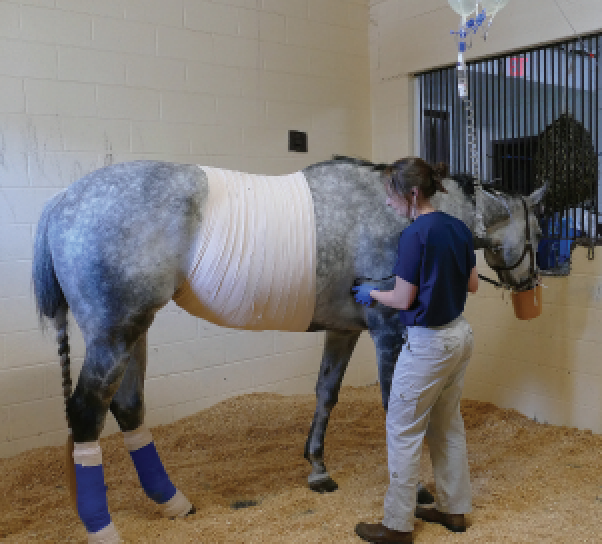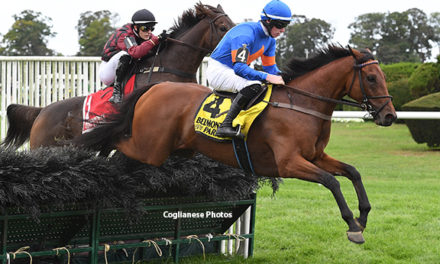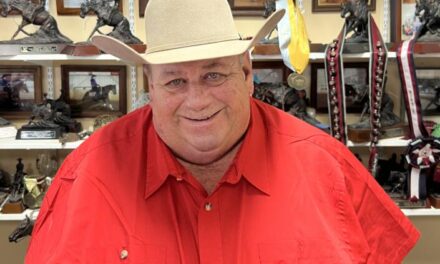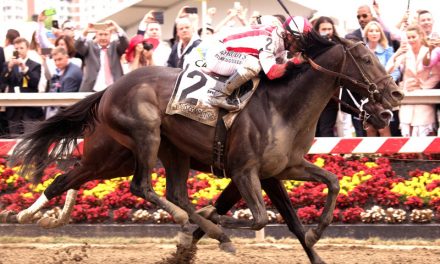 by M. Norris Adams DVM Diplomate ACVS, Diplomate ACVSMR, Clinical Assistant Professor of Equine Lameness and Surgery
by M. Norris Adams DVM Diplomate ACVS, Diplomate ACVSMR, Clinical Assistant Professor of Equine Lameness and Surgery
Although many colics are mild in nature, others can imperil your horse’s life and career and can require surgery. Today, because of advancements and innovations in the diagnosis and treatment of colic, the chances of survival and return to normal activity following colic surgery have never been better.

Protection of the surgical incision with a belly bandage has reduced the likelihood of incisional complications and hernias which have delayed the return to exercise in the past.
Colic signs should always be taken seriously, and although early symptomatic treatment will resolve many mild cases, if a horse fails to respond, it should be considered an emergency. The biggest controllable determinant for a successful surgical outcome is minimizing the duration of clinical signs before surgical intervention.
Early correction of twisted intestines can obviate the need for costly resections (removal of sections of intestines). Also, timely intervention can limit the collateral damage to the intestine which can lead to serious disruptions in propulsive motility requiring lengthy hospital stays, increased cost and complications such as adhesions.
We are much better today at utilizing ultrasound and hematologic parameters to identify the cause and severity of the crisis which enables us to give a good estimate of cost and expected recovery before going to surgery. Innovations involving stapling equipment, intestinal viability assessment and bypass procedures offer more intra-operative options and surgical efficiency, decreasing surgical time and improving prognosis.
With careful attention to post-operative pain management, control of inflammation, antibiotics, nutrition and exceptional nursing care, we not only improve patient comfort, but reduce devastating complications such as infection, diarrhea and laminitis. Also protection of the surgical incision with a belly bandage has reduced the likelihood of incisional complications and hernias which have delayed the return to exercise in the past.
Colic has long been a dreaded condition that strikes fear in horse owners. Today, with innovations in diagnosis and advancements in surgical procedures, in concert with the critical supportive care component, the potential for a successful outcome following colic surgery is greatly enhanced.
For more information on colic treatment or surgery, contact Kathy Ashland at (703) 771-6800.
(sponsored content; originally appeared in the October 2017 issue of The Equiery)

The Marion duPont Scott Equine Medical Center (EMC) is a premier, full-service equine health facility conveniently located at Morven Park in Leesburg, Virginia. As an integral part of the Virginia-Maryland College of Veterinary Medicine and Virginia Tech, the EMC offers an array of cutting-edge diagnostic and therapeutic technologies and veterinary expertise to provide innovative and cost-effective care for your horse. The EMC offers a broad range of general and advanced specialty services by appointment as well as comprehensive 24/7 emergency services. State of the art technology with cutting-edge expertise…
Serving you, your vet and your horse. Ask your vet about us, or visit us yourself!
703-771-6800 • www.vetmed.vt.edu/emc/
You’re Invited: Sign up (name and email address to emcinfo@vt.edu) for EMC’s free equine health alerts and notice of Tuesday Talks, a free, educational seminar series on topics of interest to the horse community. Like us on Facebook to stay informed about the latest advances in equine medicine and health.












